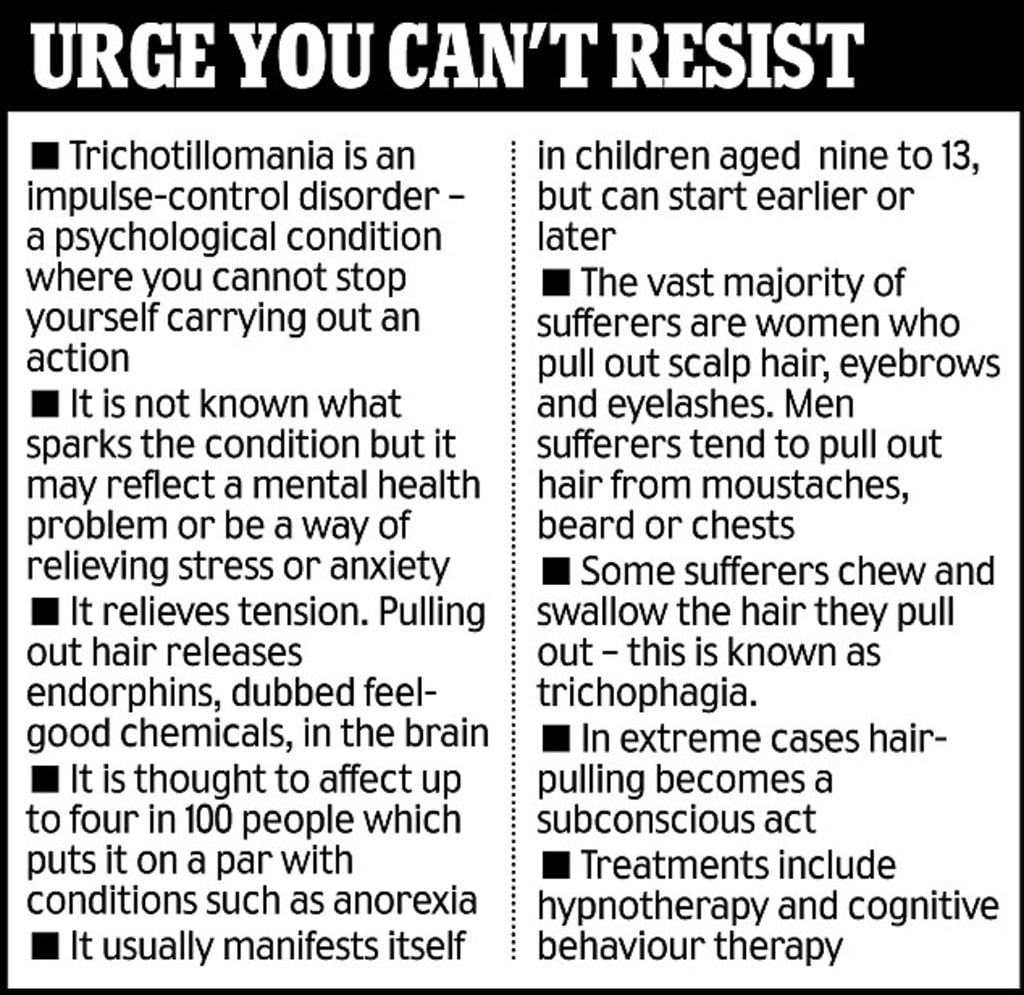Compulsive Disorder Gambling
Posted : admin On 4/13/2022
Children who are exposed to gambling at an early age appear to be more likely to develop a problem later in life, and studies of twins suggest that compulsive gambling is, in part, an inherited disorder. Military For reasons that aren’t clear, military service appears to double the likelihood of developing a gambling disorder.
- This can be problematic because like substance abuse, gambling addiction is considered to be a compulsive disorder. Effects of Drug Abuse on Compulsive Gambling. Gambling addiction may be linked with other mental health disorders. A high co-occurrence is often found between gambling and depression, mood disorders, anxiety disorders and some.
- Gambling Disorder (Compulsive Gambling, Pathological Gambling) Betting the farm can actually be a serious problem for some people. Compulsive and habitual gambling can destroy a person's life.
Behavioral Health Services
Referrals: 612-672-2736
Toll-free: 800-233-7503
Compulsive Gambling Program
- Video and telephone visits available
- Immediate openings and same-day visits
- Call 1-800-468-3120 to schedule
Compulsive Gambling is a progressive illness that is diagnosable and treatable. It can be as debilitating as alcoholism and drug addiction.
Often misdiagnosed, compulsive gamblers experience extreme euphoria and depression - depending on whether they are winning or losing. The suicide rate is four times higher in gamblers than non-gamblers.
How do I know if I’m a compulsive gambler?
Ask yourself these questions and then call us for an initial consultation:- Do I ever feel remorse after gambling?
- Do I ever gamble to get money for paying debts or to otherwise solve financial difficulties?
- After losing, do I feel I must return as soon as possible and win back my losses?
- After I win, do I have a strong urge to return and win more?
- Do I often gamble until my last dollar is gone?
- Am I reluctant to use “gambling money” for normal expenditures?
- Do I ever gamble longer than I planned?
- Have I ever committed, or considered committing, an illegal act to finance my gambling?
- Do arguments, disappointments or frustrations create within me an urge to gamble?
- Do I ever consider self-destruction as a result of my gambling?
Three phases
The winning phase is characterized by occasional gambling with excitement prior to and during gambling. Gambling becomes more frequent withincreased amounts bet because of unreasonable optimism. An early big win is often the fuel that propels the illness in pursuit of “the action.”
is characterized by occasional gambling with excitement prior to and during gambling. Gambling becomes more frequent withincreased amounts bet because of unreasonable optimism. An early big win is often the fuel that propels the illness in pursuit of “the action.”The losing phase happens as gambling continues and the losses mount forcing the gambler to hide his gambling from others. Frequent loans from family, banks, credit cards and employers may be necessary during this phase. The gambler may go through personality changes - being irritable, restless and withdrawn.
In the desperation phase, the gambler becomes obsessed with gambling to cover debts and spends increased time and money on gambling. Increased blaming of problems on others results in desperate attempts to get out from under the weight of the debt. When all attempts fail, the gambler may contemplate or attempt suicide as a way out.

Assessment
We offer in depth gambling assessments conducted by state certified counselors who specialize in evaluation and treatment of compulsive gambling. The goal of the assessment is to help clients identify the extent of their gambling issues and to recommend appropriate therapeutic options. We also provide Rule 82 Court Ordered assessments.Assessments can be scheduled at 612-672-2736.
Compulsive Disorder Gambling Disorder
Our program
A separate program, the Fairview Recovery Services Compulsive Gambling Phase 1 program meets days a week for 24 sessions. Participants meet with counselors one-to-one, talk with other gamblers in group therapy, attend lectures and view films. The concurrent Family Program enables family members to receive helpful information, as well as counseling, during the six-week program.Our staff members are specially trained to help compulsive gamblers and their families. They include:
Compulsive Disorder In Dogs
- Primary counselors
- Family specialists